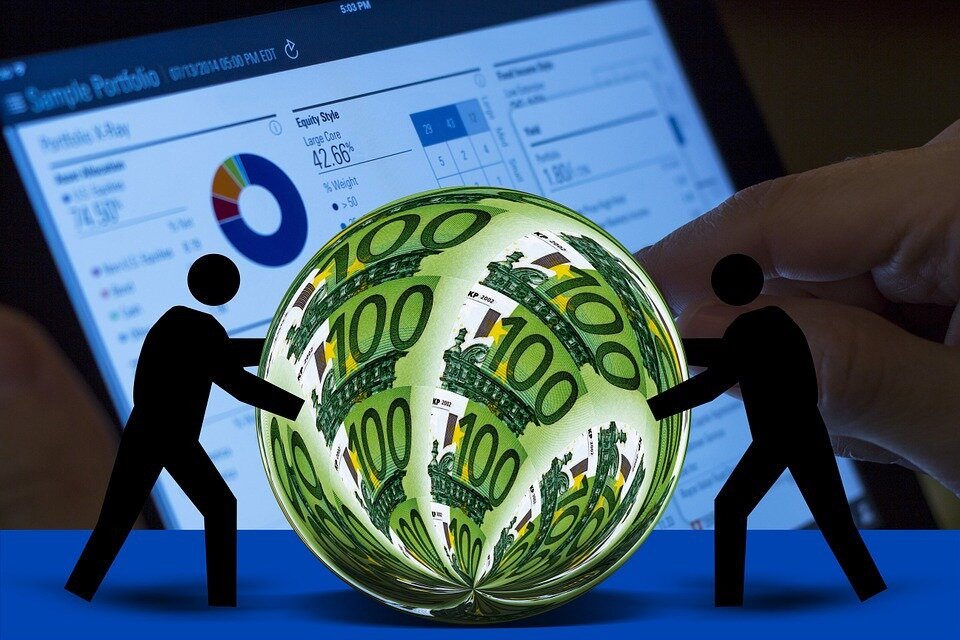Ambiguity in European economic leadership

TEHRAN - Europe's economic situation remains uncertain! The European economic crisis and austerity policies remain in place. On the other hand, there is no sign that the EU is passing through the current situation. Two conservative /Social Democrats in Europe have not been able to effectively counteract the economic crisis over the last few years.
This same issue has led to anger by European citizens from traditional European parties. Subsequently, the trend of European citizens to nationalist and extremist parties has increased in recent years.
The events that have taken place in France in recent months have led to disappointment with the eurozone leaders over the current deadlock.The most important point is that Macron was planned to assume the title of the Europe's economic leader in the short term, and that was to be after succeeding in creating and sustaining economic reforms in France and the Eurozone.
Meanwhile, European citizens expressed their satisfaction with the election of Macron as French President in 2017. They thought that the French president, while challenging austerity policies, would strengthen the components of economic growth in the European Union. Moreover, EU leaders also hoped that Macron's success in pursuing economic reforms in France would be a solid step in pushing the entire Eurozone out of the economic crisis.
In other words, in the midst of anti-Euro and extremist and far-right movements in Europe, Macron was the last hope of European authorities to "manage the economic crisis" which was raising inside the Eurozone: the hope that has soon faded away!
The main dilemma in France is quite clear!"Failing to persuade French citizens" on his economic reforms, and Macron's miscalculations about the support of French citizens for himself, were among the important factors in shaping this process. Macron had to give concessions to protesters to prevent further tensions in France.
After the country's month-long demonstrations, Macron was forced to retreat from his decision on raising the fuel price. Besides, he had no way but to make promises to the French citizens on issues such as raising the minimum wages and reducing the income tax. This had but one meaning: Macron's economic reforms came to an end. Right now, European authorities know well that Macron is incapable of regaining his initial power in France and the Eurozone by 2022 (the time for the France general elections).
Therefore, Macron has to forget the dream of EU's economic leadership until the last moments of his presence at the Elysees Palace. Of course, this is if the young French president isn't forced to resign before 2022! The European authorities and the Eurozone leaders have no alternative for Macron and his economic reforms in Europe. That's why they're so worried about the emergence of anti-EU movements in countries such as France and Germany.
For example, they are well aware that if Marin Le Pen can defeat Macron and come to power in France during the upcoming elections, then the whispers of the collapse of the Eurozone, and even the European Union, will be clearly heard, this time with a loud voice, all over the Europe.
